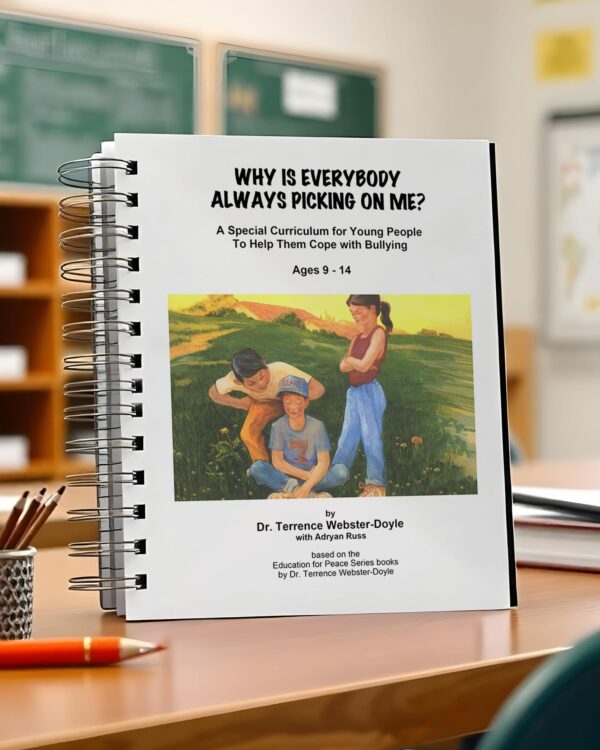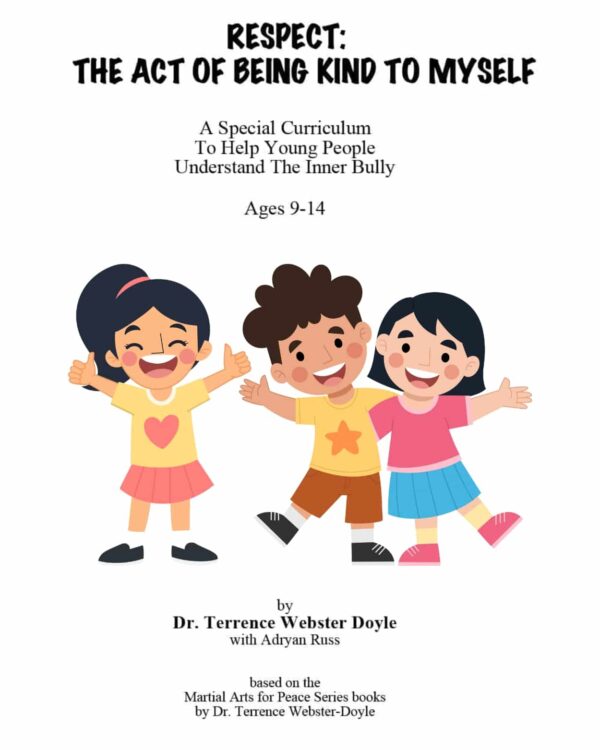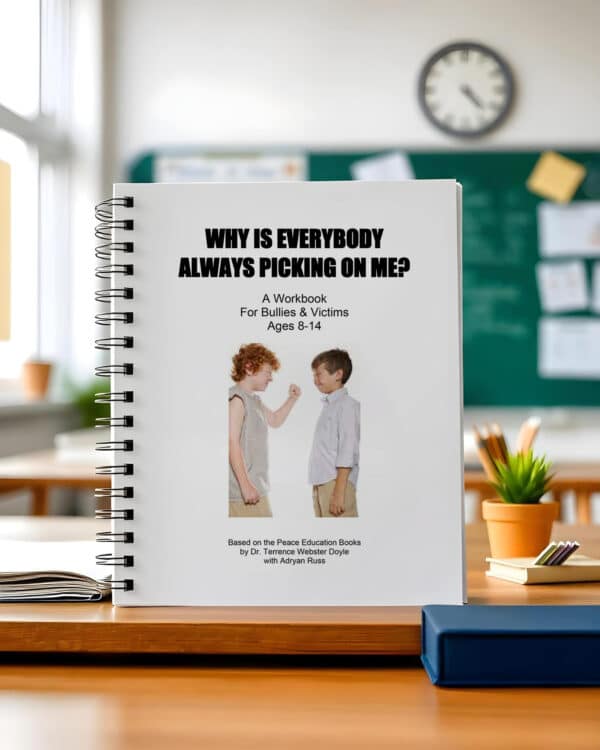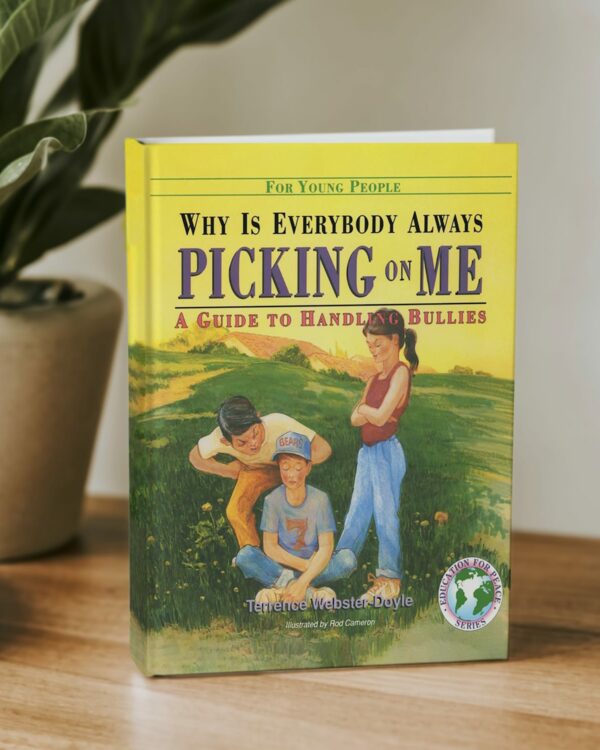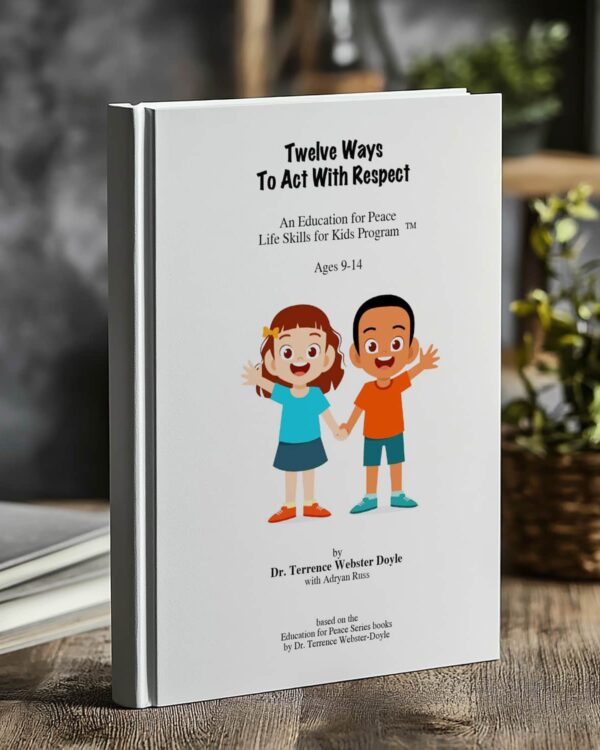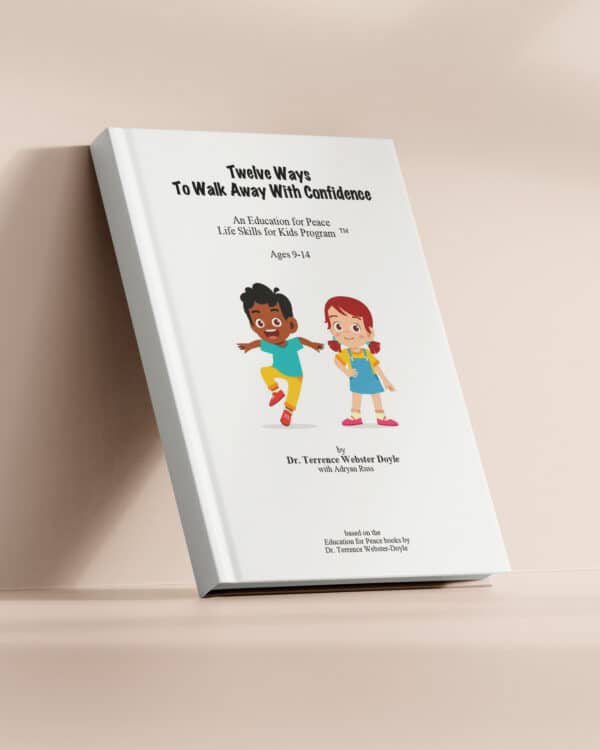What Prevents Healthy Relationships? Expectations and Communication

I have often found that relationships are quite difficult. I don’t necessarily mean just close personal ones, but all relationships. With your parents, your friends, aquaintances, the telephone operator.
What makes relationships so difficult?
Have you noticed that you get into arguments with people because you are upset with the way they are or the way they behave… or perhaps the way they aren’t or the way they don’t behave?
Why is that? How come we are not happy with the way things are, but have expectations about the way we want things to be?
What I have found to be the difficulty is in understanding and seeing what our expectations are (what our conditioning says) and how we communicate with other people.
What are our expectations? Have we ever really looked to see what they are? Are they realistic? Do they harm others? Are they selfish? Are they helpful?
Seeing what our expectations are is the first step, but communicating those expectations is also very important. Do we communicate those particular expectations? What happens if we don’t? If we do?
A lot of the conflicts I have had with people have been because I had certain expectations of them and their behavior.
If they did not live up to those expectation, I became upset and began to build resentments. Can you see similar expectations in your own relationships?
What about the expectations you have of your children, your spouse, your parents? Are they harmful or healthy? Are they limiting or growth-providing? Whatever they are, they need to be communicated.
Imagine that you were the child, spouse, or parents on whom the expectations were placed? Wouldn’t they be easier to deal with if you knew what they were? At the very least, whether you wanted, or felt able, to meet them, you would be able to talk about them.
But why do we have different expectations? What created those expectations?
What I figured out about my own relationships with people is that everyone thinks and acts differently, has been raised to act differently, and has different reasons for doing things.
We are all raised with different experiences and taught to have different expectations. That is our conditioning. Our conditioning, if we are not aware of it, can get in the way of our having healthy relationships.
It is important to realize that expectations can be harmful.
Through them I might restrict the potential of another person or place unrealistic demands. I may want others to be different from that they are.
It is important to observe your own expectations. Do you really need someone to behave a certain way? Are you being realistic about your expectations? Are you being fair?
On a personal note, my relationship with my boyfriend was strained because we both had expectations of what we wanted the other to be like.
When we finally communicated these expectations, we realized that we couldn’t fulfill them. We also realized that our expectations were something that we required in a relationship of this type. Now that we are no longer together, we get along better and respect each other more.
It could’ve gone differently if we were willing to compromise with our expectations, or to fulfill each others expectations. Perhaps if we had communicated sooner we would be together still, in a healthy relationship. Or perhaps, without our insights, we wouldn’t have learned how to develop healthy relationship.
The key is communication and honesty with ourselves and others.
If we are aware of this, and let others know how we think, and to be patient and lenient towards others, then there is less conflict. Communication is the key, but so is understanding and compassion.
I am still working on my ability to do these things, but all of my relationships have prospered.
